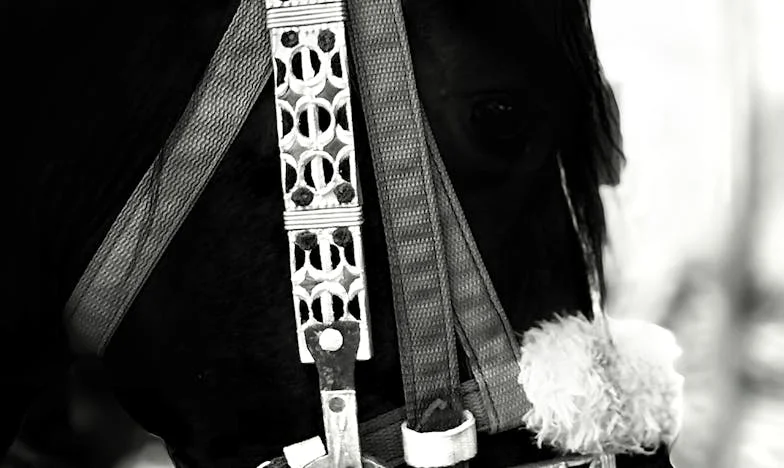When Motherhood Crosses the Line: A Story of Friendship, Boundaries, and Letting Go
“Do you always have to bring Lily to everything, Sarah?”
The words escaped my husband, Mark, before I could shush him. His voice echoed in my kitchen, bouncing off the half-empty wine glasses and the untouched charcuterie board. Sarah’s face twisted in disbelief, her arms tightening protectively around her two-year-old daughter, Lily, who was busy smearing brie on my white couch.
I wanted to crawl into a hole. But, honestly? Mark had only said what I’d been feeling for months, what I was too cowardly to admit out loud.
It wasn’t always like this. Sarah and I had been inseparable since college, the kind of friends who finished each other’s sentences and weathered breakups over late-night pints of Ben & Jerry’s. My wedding album is filled with her laughter—she was my maid of honor, after all. We dreamed about raising our kids together someday, imagining playdates in the park and matching Halloween costumes. But when Sarah had Lily, everything changed. Not just her schedule or her priorities—her very identity seemed to dissolve into motherhood. And she expected me to dissolve along with her.
It started innocently enough: baby updates, sleepless nights, endless photos—of course, I wanted to share in her joy. I was there for the baby shower, the first birthday, the ER visit after Lily swallowed a Lego. But gradually, Sarah’s world shrank until it fit inside Lily’s nursery. Every phone call, every lunch invitation, every book club meeting—Lily was glued to her side, the sun around which Sarah orbited. If I suggested dinner at a restaurant, Sarah would insist we go somewhere “kid-friendly.” If I invited her for a girls’ night, she’d show up late with Lily in tow, apologizing as her toddler dumped juice on the carpet. She’d text me at 2AM, anxious over rashes and tantrums, and I’d reply, even as Mark grumbled beside me.
I tried, God knows I tried. But our conversations got shorter, interrupted by cries or diaper changes. Sarah stopped asking about my work, my marriage, my own life. She’d scroll through her phone, showing me endless videos—”Look how Lily says ‘banana’! Isn’t she a genius?”—never noticing when my eyes glazed over. Our friendship went from a two-way street to a dead-end cul-de-sac, and I was stuck in traffic.
The real breaking point came that night in my kitchen. Mark and I had finally managed to carve out a double date, hoping for adult conversation and a break from the chaos. But Sarah showed up, as usual, with Lily in tow and a diaper bag the size of a suitcase. Lily screamed when Mark tried to move his chair, and Sarah just laughed, “Oh, she’s so sensitive!”
During dinner, Lily refused everything but chicken nuggets and proceeded to throw them on the floor, giggling. Mark’s jaw tightened. I tried to laugh it off, but I could feel my patience thinning. When Sarah started breastfeeding at the table without warning, Mark looked at me, wide-eyed, and I shrugged helplessly. Finally, as Lily began pulling tablecloths and Sarah ignored my subtle hints, Mark snapped.
“Do you always have to bring Lily to everything, Sarah? Some things are just for adults.”
Sarah’s eyes filled with tears. “She’s just a baby, Mark. What do you expect me to do? Leave her with a sitter who doesn’t know her bedtime routine? I can’t just turn off being a mom.”
“Nobody’s asking you to turn it off,” I said softly, but the words tasted like betrayal. “But maybe you could try being just… you, sometimes. With me. Like before.”
The silence was suffocating. Sarah gathered her things, mumbling apologies, and hurried Lily out the door. I watched her drive away, headlights shrinking into darkness, and I felt both relief and grief.
After that night, the calls stopped. I tried texting, but Sarah would reply days later, always apologetic, blaming Lily’s schedule or her own exhaustion. Our mutual friends noticed the shift—”What happened between you and Sarah?”—but I never had the right words. Was I a terrible friend for needing boundaries? Was Sarah lost in her own obsession, or was this just what motherhood looked like?
Mark was blunt. “You can’t be her only lifeline, Em. She has to find herself again, or she’ll drag you down with her.”
I missed her—missed our old jokes, our shared dreams. But I also resented how invisible I’d become, how every conversation revolved around nap times and potty training. I knew Lily was her whole world, but did that mean there was no space left for anyone else?
Months passed. I threw myself into work, started painting again, tried to rediscover parts of myself that had been buried under Sarah’s constant needs. But on lonely nights, I’d scroll through old photos—us in Halloween costumes, laughing on a road trip, holding hands at my wedding—and ache for what we’d lost.
Then, last week, Sarah showed up at my door. She looked exhausted—dark circles under her eyes, hair in a messy bun, Lily asleep in the car outside.
“I don’t know who I am anymore, Em,” she whispered, tears threatening to spill. “I love Lily so much it hurts, but I feel so alone. I’m scared I’ve lost you—and myself.”
I hugged her, finally allowing myself to cry too. “We can find ourselves again. But you have to let me back in—not just as Lily’s auntie, but as your friend.”
We sat on my porch, talking for hours. It wasn’t easy, but it was honest. We made promises—about boundaries, about girls’ nights, about remembering who we were before motherhood and friendship got so tangled.
Now, I wonder: where is the line between loving your child and losing yourself? How much can a friendship bend before it finally breaks? Maybe you’ve been on one side of this story—or both. What would you have done if you were me?
